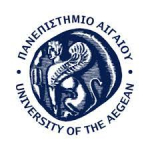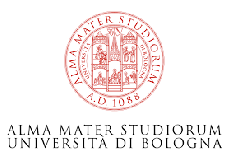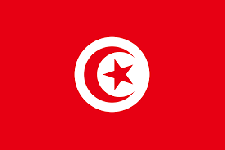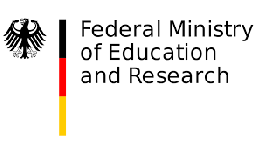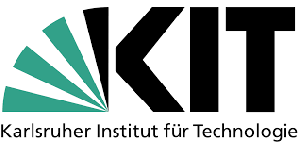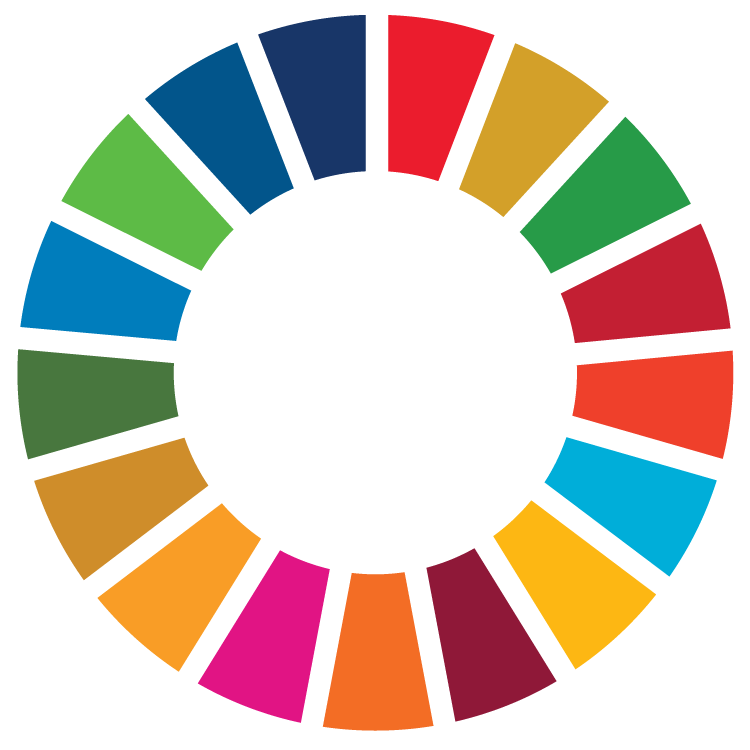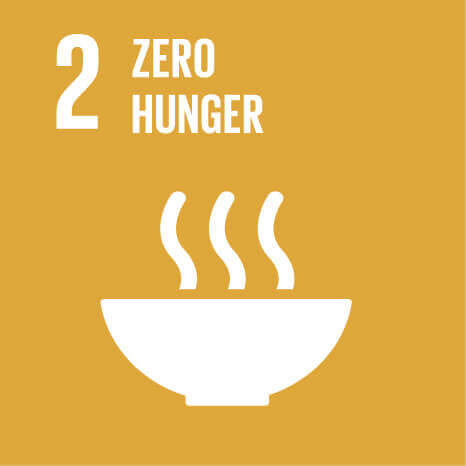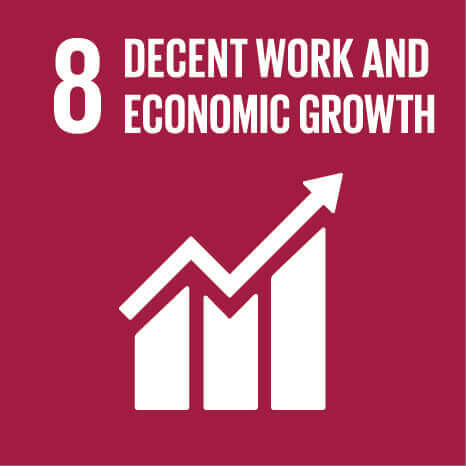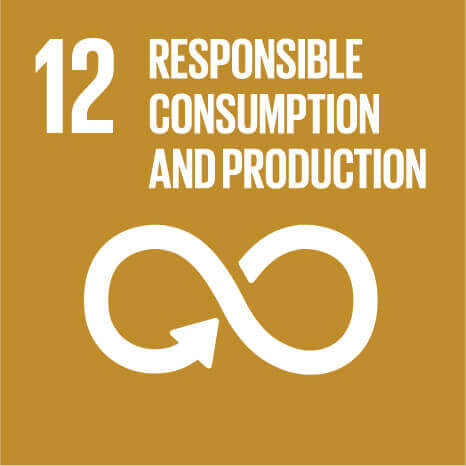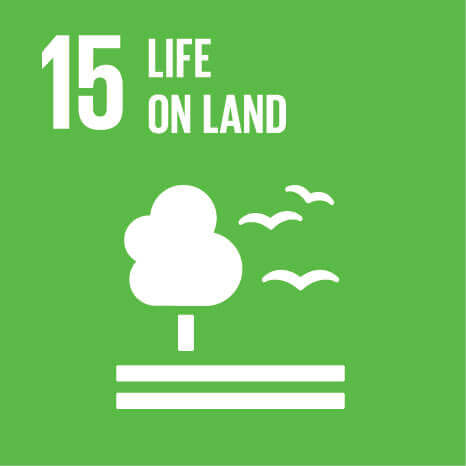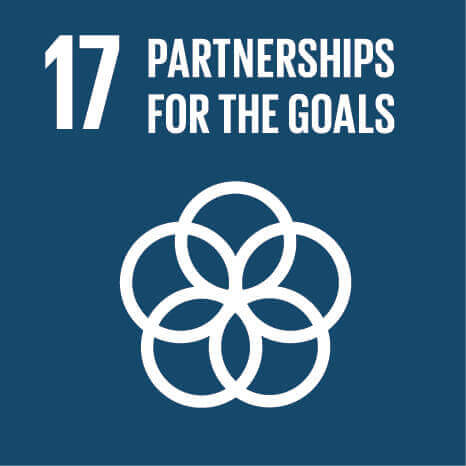The Mediterranean Agri-food value chain represents a complex ecosystem with numerous local actors, including farmers, small-scale food manufacturers and local distributors, canteens and retailers local public authorities. However, its competitiveness is seriously challenged by increasing imported agriculture resources and food products, as processed food, or as ingredients of food productions. Those products are produced in large volumes for global markets, at low prices, and in regions suffering less from climate and environmental constraints, compared to the Mediterranean area. In addition,the price small farmers get for their products is quite low, compared to the price that products are sold to the end customer. This is due to the presence of many powerful actors, other than smallholders, in the farm-to-fork supply chain who can position and negotiate powerfully. Hence, there is a need for innovative organisational approaches and tools (tools and machines, business models, green public procurement, software, applications, etc.) that can help overcoming this challenge. New optimization models for the local Agri-food supply chain are requested, which provide local and distinguished benefit, economically, environmentally and socially to smallholders.










